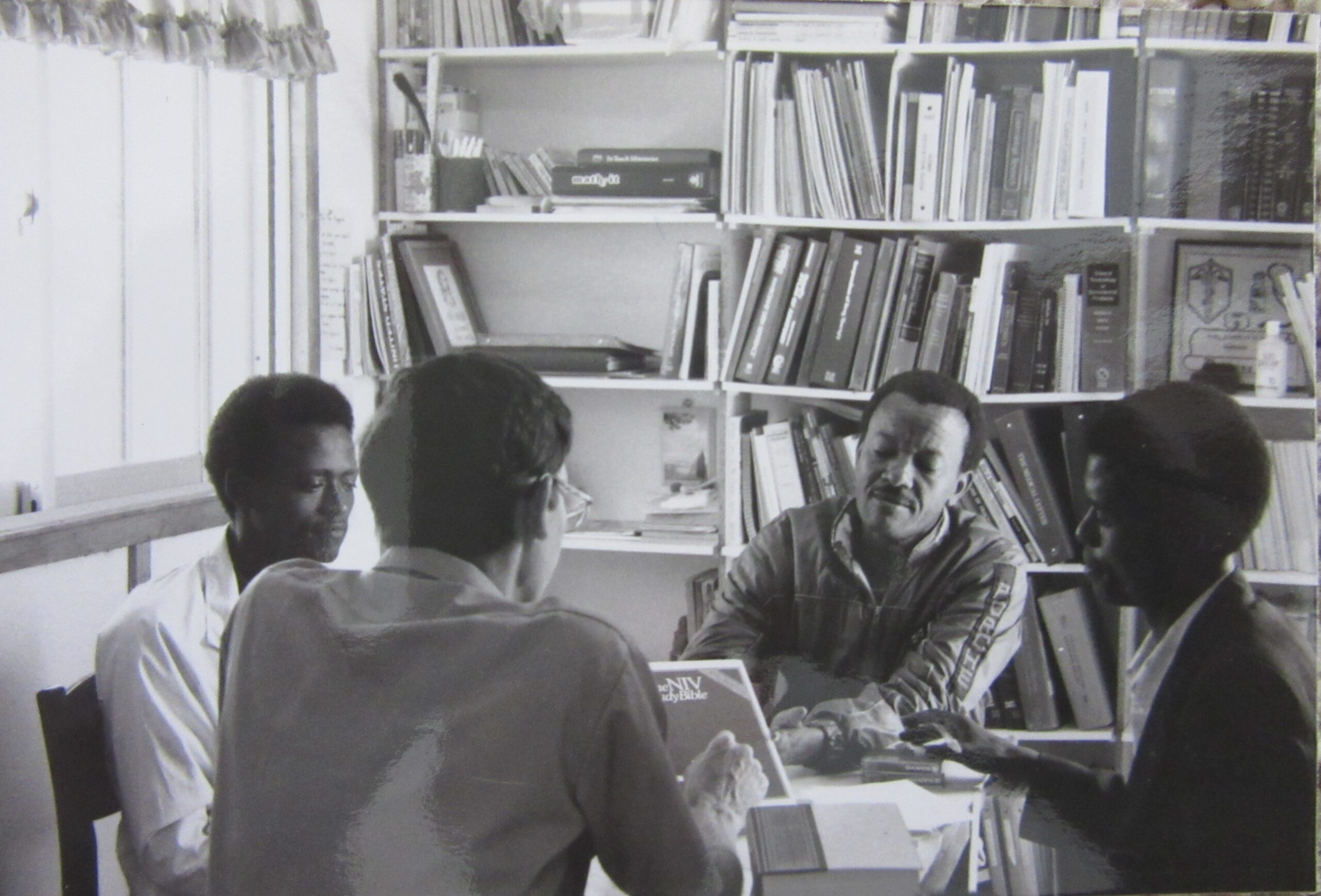William Dryness points out two parallel realities in our world: (1) the mobility of our times, and (2) the changing demographics of Christianity. Not only are the majority of Christians no longer “Western,” but they are increasingly found in countries with young and growing populations, frequently among the poor, and exhibiting a vital evangelistic faith.
What are the implications for missions? How must traditional mission organizations adapt to these new realities?
Based on the two realities (mobility as well as increasing impact of non-Western Christians) traditional missions will need to consider:
- Missions must re-imagine ourselves as learning structures. This means that communication is not one way (from the West to the rest) but mutual sharing across cultural boundaries.
- Dryness talks about “third culture leadership.” Mission leadership should include prominently ‘bridge people’ who embody (ethnically and experientally) the diverse realities of our pluralistic world.
- Facilitation of multiple forms of witness (where the grand strategy is under leadership of the Holy Spirit).
- Longer term regional strategies, based on mutual exchanges and regional parterships.
I know that as a mission we are increasingly seeing the Lord develop “third culture leadership.” This is not a matter of Western vs. non-Western, but a mixture of gifts, ethnicities and cultures working together in leadership.
I have an Indian friend and brother trained in medicine in India, but also quite famliar with our Western ways, working in a Western mission agency. In problem solving, he understood how we as Westerners want to go on a ‘straight line’ from problem to solution. Yet as an Asian, he is also quite comfortable ‘meandering around’ with a problem until a solution could be found. Eventually, he said, either way would get us to a solution. “When I do it as an Asia,” he added, “it may take me longer to get there, but I’ll have everyone with me when I arrive!”
So we need each other. There is no one right way and wrong way to tackle the serious problems we are facing in the world, whether we are considering impoverished medical care or impoverished friendships. We need cultural bridges, or third culture leadership.
How are the realities of mobility and increasing leadership from non-Western Christians impacting your efforts?


Leave a Reply